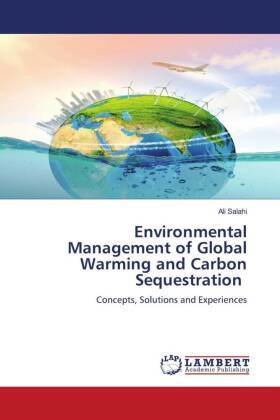The atmospheric accumulation of CO2 is the balance between fossil fuel and land-use change emissions, and the uptake due to oceanic and terrestrial sinks. The key issue is to understand the processes controlling the global carbon budget in order to relate anthropogenic emissions of CO2 quantitatively to atmospheric concentrations. Current climate goals require that the land-use sector, forests, wetlands, arable land and fields, should be turned into carbon sinks by 2030. In the subsequent decades, these sinks should be quickly strengthened. Human influence has warmed the atmosphere, ocean and land. Widespread and rapid changes in the atmosphere, ocean, cryosphere and biosphere have occurred. Each of the last four decades has been successively warmer than any decade that preceded it since 1850. For over a decade, evidence of climate change has been accumulated in the scientific community until in the mid-1980s, the world's 7 largest economic powers (the G7) called on the UN to create a group of experts to study this issue.According to the US Geological Survey climate change refers to the increasing changes in the measures of climate over a long period of time.

